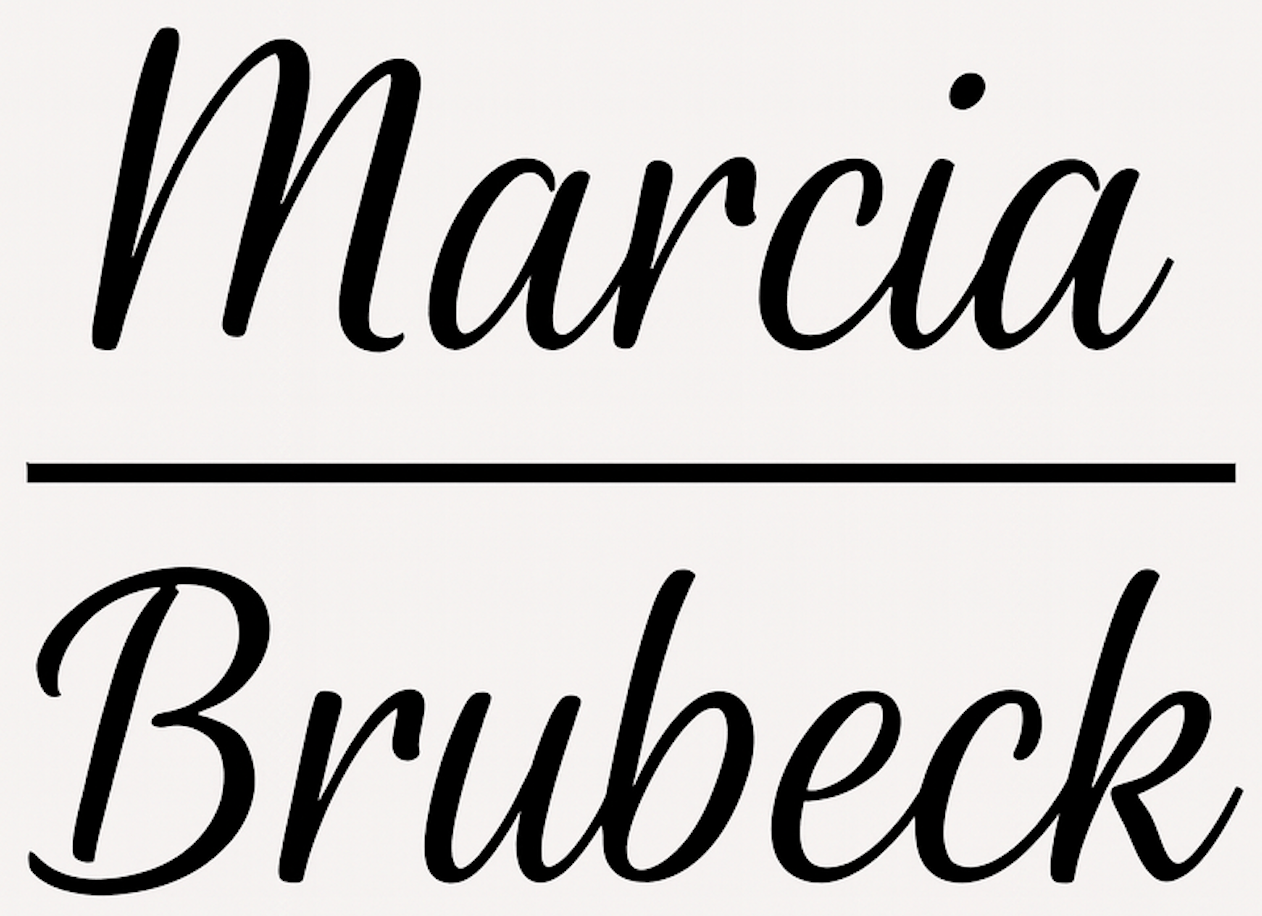
Do You Know How to Discipline Your Child
Back in the Dark Ages when I was about five years old, I can remember lying on my bed and sobbing, then hearing my father’s angry voice—“I’m not going to put up with this!”—and his footsteps coming swiftly down the hall toward my room.
I got a spanking that day and on some others. I don’t remember what sin I had committed apart from crying too loudly. I do remember the fear I felt as I heard my father approaching.
Now, my father was not a violent man. His hands-on discipline was restricted to spanking, and he stopped before I reached puberty. I am confident that he wasn’t doing anything he didn’t remember from his own childhood.
He certainly didn’t consider spanking harmful, though today it may bring a call from child protective services. From his point of view it was just part of a parent’s job. In retrospect, though, I notice that the punishment but not the infraction lingers in my memory.
How can you tell whether your punishment of your child is effective? Here are a few questions you might ask yourself.
1. Does the punishment eliminate or demonstrably reduce the behavior? Sometimes parents will lose patience. The teacher calls to say that the child was disruptive and oppositional all day long, talking back to parents and wandering out of class repeatedly, so that staff was obliged to chase after her. The child comes home at the end of the day, and the parent wonders whether to punish her by snatching away the iPhone or by keeping her back from a friend’s birthday party, the amusement park, or the mall.
Punishment is supposed to teach the kid never to commit the offense again. For it to be effective, though, the child must know that she is about to do something wrong and must think about the penalty. The price to be paid is supposed to deter her and lead her to make “a better choice,” as the teachers are fond of saying.
Does it work? Maybe. Sometimes. But some adults have told me of terrible beatings they tolerated as children because they were determined to do something a parent disapproved of. At best, punishment is effective sometimes but not always.
Some parents call for a timeout when the child does something bad. These grownups send the child to her room to think things over. They believe that afterward she will mend her ways and all will be well. Maurice Sendak’s wonderful book Where the Wild Things Are dramatizes the child’s resentment at this approach. (Max was of course sent to bed without supper, but his punishment was still basically a timeout.)
In sports, timeouts serve a different purpose. They allow the players and coach to confer about the strategy being used on the field and to make changes as necessary. Of course there’s no team approach when you send a child to her room. The child is expected to make strategic revisions unassisted.
2. Does the punishment have other effects that are unrelated to the offense? Corporal punishment may be painful. It involves an assault, essentially a boundary violation: we are all bound to respect each other’s bodies and to make contact only when touch is clearly welcome. Physical violence disregards this rule. People with trauma histories may come to anticipate it in some kinds of relationships. Injury becomes part of the deal.
People whose boundaries have been violated in the past may find it hard to respect interpersonal boundaries going forward. Some of these people hit, pinch, poke, or act physically threatening and seem unaware of the problem. Alternatively, they may shy away from any touch.
Punishment may breed resentment in a child. The missed birthday party comes once a year and holds special social significance. The loss of an iPhone may carry social costs, at least in the child’s eyes.
Resentment is particularly likely if the child feels unheard by you and disagrees with your view of the situation. In such cases the kid may believe that you won the argument because you are bigger and stronger, not because you were right. As in my own childhood, spanking may make the child afraid of the parent even in the absence of physical injury.
3. Does the method of punishment model values you want to teach? Children learn their most important lessons by watching the grownups who are important to them. Do you want your child to retaliate with peers and your grandchildren by taking away things that they prize? An eye for an eye? Alternatively, do you want him to think that it’s okay to hit people when he is angry? What you do as a parent also teaches a child about parenting. If you were going to use the occasion as a teaching opportunity, what else could you do?
There are a number of other approaches.
If you are determined to use consequences, let them be natural ones as often as possible. When your child behaves carelessly and pays a price, call attention to it. Bikes left out in the rain will rust. If you lend your GoPro or your iPod to a friend, the friend may lose it or break it. And so forth.
After the fact, discuss the problem with the child. Before you explain the situation, find out what he is thinking and feeling. Why did he act as he did? Ask open-ended questions for better understanding. Find out: did he take the money from your dresser because he didn’t think you would buy him the video game? Or was it because he was angry with you about something else? Or was he feeling down about himself generally, and bad people do bad things? By showing your concern for his feelings you teach him to be concerned about yours and those of others.
Try to wait with your explanation until you have heard him out and are sure you understand his point of view. Then state clearly how you felt (disappointed , hurt, angry, or embarrassed, for instance) and what you would have expected. Did he know beforehand what you wanted him to do? If so, you might invite him to decide the penalty. If not, you could ask him to tell you in his own words what your expectations are for the future.
The infraction can become a learning experience. It can give your child practice in letting you know how she feels. Also, if your child said mean things to a peer or to a teacher, she can rehearse an apology with you before she approaches the person she offended.
Think of discipline as a course correction. Done right, it not only results in better behavior but also improves mutual understanding and the relationship between the two of you.
Remember to practice what you preach. Make your own apologies when appropriate and admit that you were wrong. The grace and skill with which you do so will impress your child.
If you are teaching behavioral norms such as empathy, manners, and consideration for others, see whether you can get your message across using humor, which can defuse tense and difficult situations. People remember stories, pictures, and interactions better than they do lectures. In a few days I will post some trade secrets that should help you keep the peace on the home front. Some of them can be adapted for classroom use.
The most important things for you to remember when you discipline your child are three.
We all want more than anything else to please the people who are important to us. Give your child lots of opportunities to please you. Don’t forget to show how pleased you are! Incentives shape behavior far better than any punishment.
Model the skills you want your child to learn. The example you set is the most powerful teaching tool of all.
When you are a child, the grownups seem to have all the power, all the money, and all the fun. Remember how you felt as a kid? Let the memory of your feelings guide you as you discipline your offspring.





